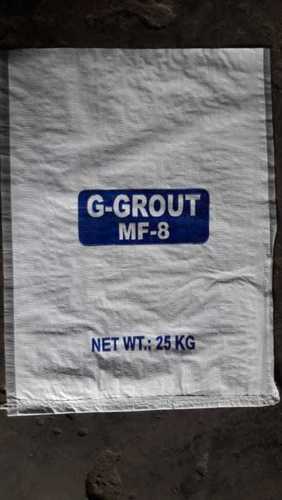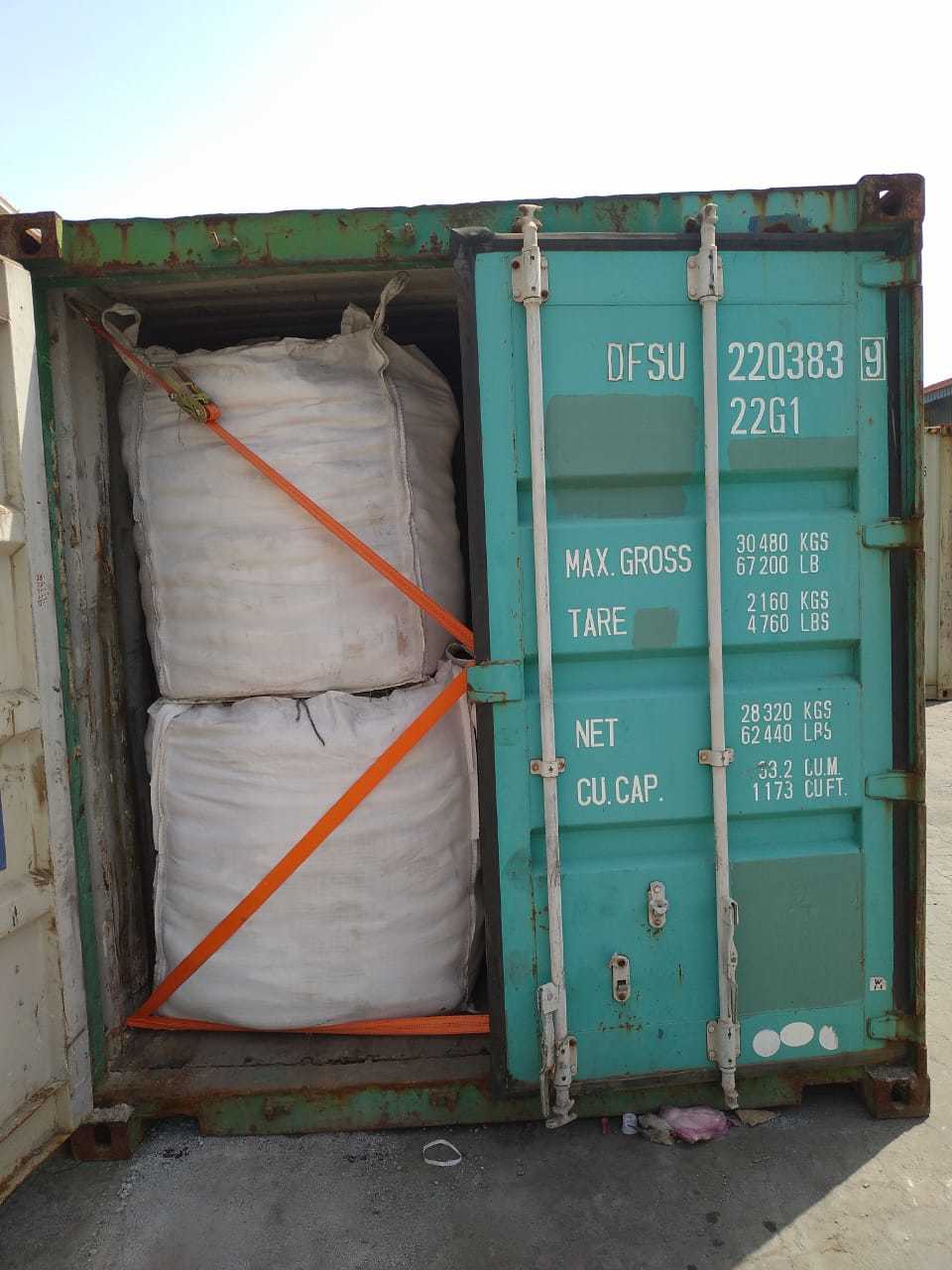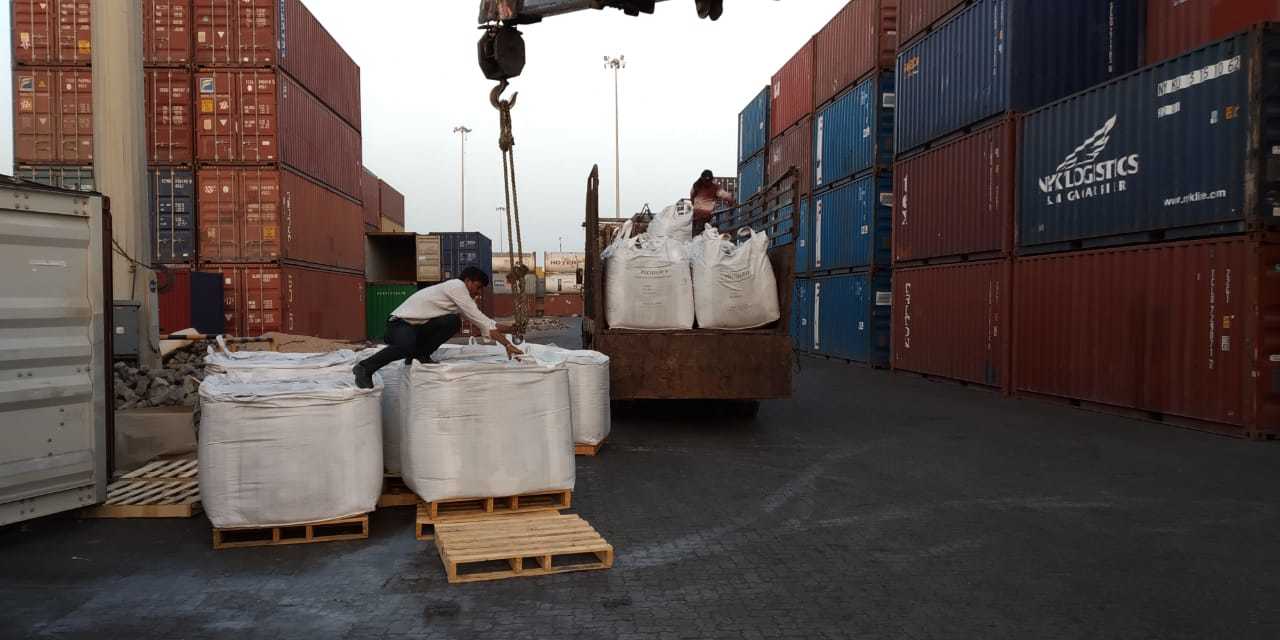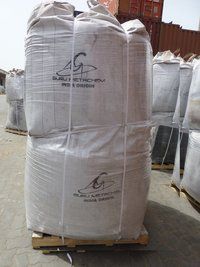




Micro Fine Cement Injection Grout
34 INR/Kilograms
Product Details:
- Usage Industrial
- Chemical Name Micro Fine Cement Injection Grout
- Type Micro Fine Cement Injection Grout
- Click to View more
X
Micro Fine Cement Injection Grout Price And Quantity
- 34 INR/Kilograms
- 24.00 - 34.00 INR/Kilograms
- 5000 Kilograms
Micro Fine Cement Injection Grout Product Specifications
- Micro Fine Cement Injection Grout
- Industrial
- Micro Fine Cement Injection Grout
Micro Fine Cement Injection Grout Trade Information
- Cash on Delivery (COD) Cheque Letter of Credit (L/C) Letter of Credit at Sight (Sight L/C) Cash Against Delivery (CAD) Cash Advance (CA)
- 1000 Kilograms Per Month
- 1 Week
- Yes
- Free samples available with shipping and taxes paid by the buyer
- 25KG OR JUMBO BAGS
- Australia Eastern Europe Middle East Central America South America Asia Western Europe North America
- All India
- ISO
Product Description
Micro Fine Cement Injection Grout is a fine paste which is composed of various substances such as water, cement and sand. It is widely used in the construction applications to fill the gaps and for the reinforcement of the old structure. It acts as a seal against the leakage to prevent the insertion of water and moisture which results in the greater strength of the concrete buildings. Micro Fine Cement Injection Grout is filled into the voids of the walls, roofs and can be used to seal around pipes and metal fixtures at a high pressure to completely cover the empty spaces and pores
FAQs of Micro Fine Cement Injection Grout:
Q: What is the main ingredient used in G-GROUT MF8?
A: G-GROUT MF8 is made with micro-silica to increase compressive strength in high strength concrete applications.
Q: What is the grade of G-GROUT MF8?
A: G-GROUT MF8 is of high grade, suitable for use in major projects such as tall buildings, roads, and bridges.
Q: What is the dosage recommendation for G-GROUT MF8?
A: G-GROUT MF8 is recommended for injection usage in industrial applications.
Q: What is the chemical name of G-GROUT MF8?
A: The chemical name of G-GROUT MF8 is Micro Fine Cement Injection Grout.
Q: How does G-GROUT MF8 achieve increased strength in concrete?
A: G-GROUT MF8 achieves increased strength through micro-silica particle packing and pozzolanic reaction, resulting in decreased porosity and increased interface bonding strength.
Enter Buying Requirement Details







